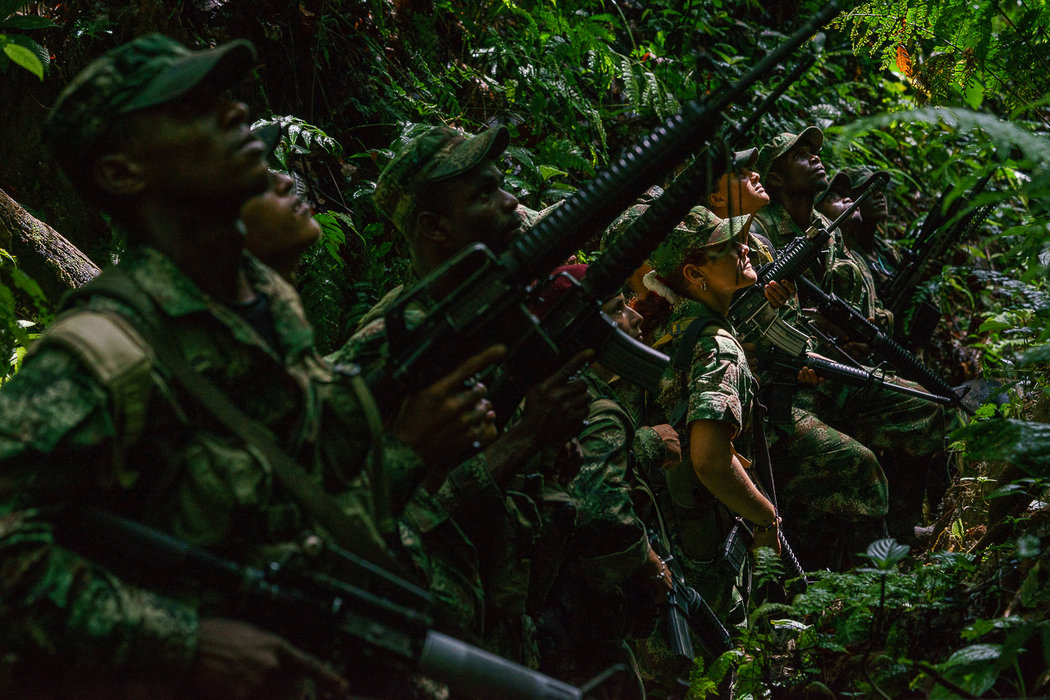Colombia has struggled for decades to combat the illegal drug trade, terrorism, and violence that FARC (Fuerzas Armadas Revolucionarias de Colombia) has contributed to since 1966. Known for being one of the richest guerrilla armies in the world, FARC has approximately 8,000 rebel fighters that control many rural areas in the south and eastern portions of the country. Most of the economic support for this guerrilla group comes from the illegal drug trade, profits from high profile kidnappings, extortion, and “taxes” it collects from those individuals who reside in areas that they control.
Many administrations have tried to bring peace to Colombia by eradicating, fighting, and even negotiating with FARC, none of which have been successful until President Juan Manuel Santos came into office. On August 24, 2016, the Colombian government announced a cease fire peace deal with FARC rebels, putting an end to the 50-year conflict. In the same peace deal, the FARC agreed to set free the children soldiers they kidnapped and enslaved to serve in its army.
But what did Colombia and its government really have to sacrifice in order to strike this peace deal? FARC is known to have committed massacres, kidnapped, extorted, and forced children into labor and servitude. These crimes are internationally condemned. However, now that this treaty will be put in place, those FARC members who will confess to their crimes, will get reduced sentences, in many instances community service. Is community service a fair punishment for those who have committed human rights violations for 50 years?
Colombian Ex-President doesn’t seem to think so. Alvaro Uribe, has publicly criticized the cease-fire as an amnesty and has accused President Santos of being a traitor. Part of this criticism is rooted in the idea that the peace deal seeks to reintegrate FARC members into society and transition members from war-mongering guerrillas to a peaceful political movement. Can that be classified as impunity? President Santos claims that the individuals responsible for violent crimes will receive punishment commensurate with the crimes they committed. That is yet to be seen.
A large percent of the Colombian population seems to be in favor of the deal. However, a point of contentious negotiations that has not been agreed to, has been FARC surrendering its control of drug trafficking in the region. As the United States State Department has illustrated, FARC is responsible for the production and distribution of several tons of cocaine entering the U.S. every year.
The world continues to watch the negotiations and execution of this peace deal. Those who are watching closely, are human rights watch groups and foreign administrations looking to see if this deal amounts to impunity for human rights violations.


